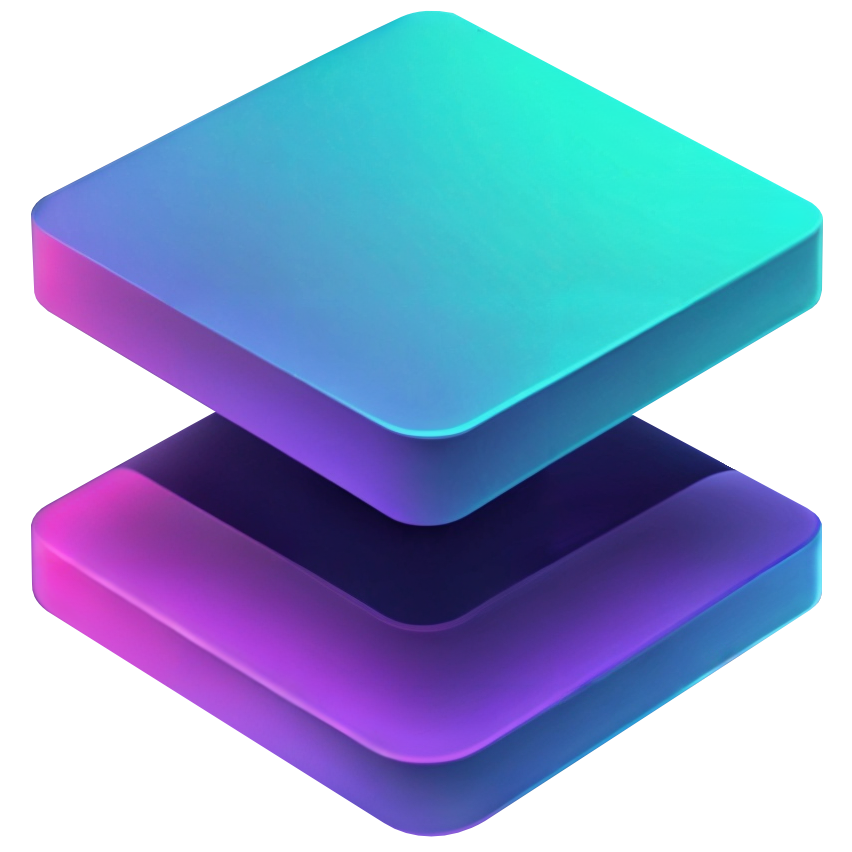TO SQL or Not to SQL

Introduction
Let's say we want to decide between using a relational (SQL) or NoSQL database for a medical application. Several factors should be considered, including the nature of the data and the specific requirements of your application. Here are some points to help you make an informed decision:
Relational Database (SQL)
Structured Data: If your medical application deals with structured data that requires strict organization and relationships, a relational database is a suitable choice. Examples include patient records, medical histories, and lab results.
Data Integrity and Consistency: Relational databases enforce data integrity through constraints, relationships, and ACID (Atomicity, Consistency, Isolation, Durability) properties. This is crucial in medical applications where accuracy and reliability are paramount.
Complex Queries: If your application requires complex queries involving multiple tables and joins, a relational database provides powerful query capabilities and optimized performance for such scenarios.
Mature Technology: Relational databases have been in use for a long time and have a mature ecosystem, including well-established tools, frameworks, and community support. This can be advantageous in the development and maintenance of a medical application.
NoSQL Database
Flexible Data Model: If your medical application deals with diverse and unstructured data, such as medical images, sensor data, or unstructured clinical notes, a NoSQL database can handle the flexibility and scalability required. NoSQL databases offer schema-less designs and can accommodate varying data structures.
Scalability and Performance: NoSQL databases excel at handling large volumes of data and scaling horizontally across multiple servers. They are designed to deliver high performance and handle high read/write workloads, which can be beneficial for medical applications that involve real-time data processing or analytics.
Rapid Development and Iteration: NoSQL databases offer more flexibility in terms of schema evolution, allowing you to quickly iterate and adapt your data model as your application evolves. This can be advantageous in the early stages of a medical application's development.
Distributed and Fault-Tolerant: NoSQL databases are designed for distributed environments and often offer built-in replication and fault-tolerance mechanisms. This can ensure high availability and data durability, which are critical for medical applications that require continuous access to data.
Summary
Ultimately, the choice between a relational or NoSQL database for your medical application depends on the specific use cases, data requirements, scalability needs, and development considerations. In some cases, a hybrid approach using both types of databases might be appropriate, leveraging the strengths of each to handle different aspects of your application's data. It's important to thoroughly analyze your application's requirements and consult with experienced database professionals to make an informed decision.


